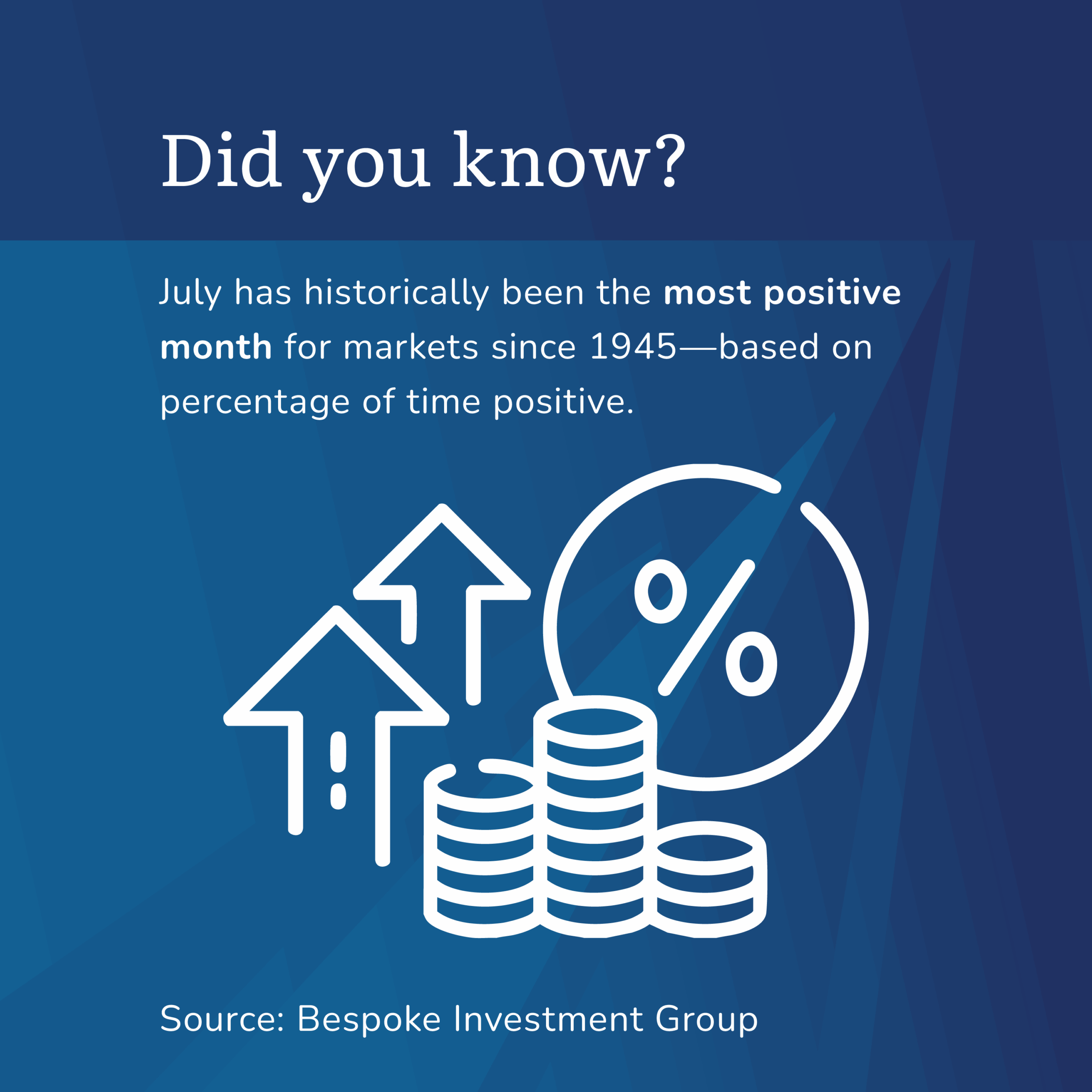Medicare Premiums for High-Income Earners
In 2021, some Medicare recipients will see their base premium increase due to two different laws that govern premiums.
One law says that ordinary recipients can’t have their standard premium go up by more than the Social Security cost of living increase for that year. Since the cost of living increase in 2021 will be 1.3%, about 70% of beneficiaries will see their premiums go up by this amount.
Unfortunately, another law shifts the burden of ever-increasing Medicare costs onto the remaining 30% of beneficiaries. The unlucky 30% includes folks who don’t deduct Medicare premiums from their Social Security checks, didn’t receive Social Security in 2020, or are high-income earners.
Medicare also penalizes about 5% of high-income beneficiaries with premium surcharges. The surcharges begin at income above $88,000 for singles and $176,000 for married folks filing jointly.
The good news is the income thresholds began to be indexed for inflation in 2020; this should reduce the amount of people affected by the surcharges in coming years. Tax planning can also help reduce the bite of these surcharges on high-income Medicare beneficiaries.
Medicare surcharges are determined by a taxpayer’s modified adjusted gross income (MAGI). For most folks, this is adjusted gross income plus tax-exempt interest. This number is calculated before itemized deductions, so the usual deductions such as charitable donations and mortgage interest won’t help.
However, there is one charitable strategy that might help reduce your MAGI. If you must make a required minimum distribution (RMD) from your IRA every year, the distribution goes on your 1040 as ordinary income and increases your MAGI. The IRS allows you to give up to $100,000 of your RMD to charity and have it avoid your 1040 all together, directly reducing your MAGI.
Other strategies beneficiaries may want to consider are harvesting capital losses to offset gains that increase MAGI, moving up or putting off income events, and utilizing Roth accounts for income. The bottom line is a little planning could save you a lot in Medicare premiums.
Sources:
https://www.ssa.gov/benefits/medicare/medicare-premiums.html
Categories
Recent Insights
-

Talk Your Chart | From Saunas to Stock Surges: Market Recoveries, Margin Resilience & Rate Watch | Episode 69
In Episode 69 of Talk Your Chart, Brett and Marcos unpack the surprising speed of the recent market recovery, debate the timing vs. time-in-market mindset, explore political biases in investing, and analyze how corporate margins and U.S. debt are shaping investor decisions in 2025. Charts available for download here.
-

Smart Money Moves for Teens: The Best Financial Literacy Apps
Why Financial Literacy for Teens Matters Let’s face it—teaching teens about money can be tricky. But thanks to an ever-growing list of financial literacy apps, it’s never been easier (or more engaging) to help kids build healthy money habits. I recently spoke with two clients who’ve been using the Greenlight app to help their children…
-

Rebuilding Financial Confidence After Divorce: Managing Risk & Moving Forward
Divorce is not just an emotional transition—it’s a financial one, too. The process of separating assets, redefining financial goals, and adjusting to a new financial reality can feel overwhelming. But with the right mindset and strategies, you can regain control and build a future that aligns with your new chapter in life. Understanding Financial Risk…
-

Giving with Pride: Smart Strategies for LGBTQIA+ Donors
Understanding the Landscape of LGBTQIA+ Philanthropy LGBTQIA+ donors are uniquely positioned to drive meaningful change, but the philanthropic landscape remains complex and underfunded. Historically, LGBTQIA+ organizations have faced significant challenges in securing resources, often competing with larger, more established nonprofits for limited funding. This disparity highlights the importance of strategic giving to ensure that your…
-

How to Build Lasting Relationships that Propel Your Business and Elevate Your Community
As business leaders, our role in the community extends beyond charitable acts—it’s a strategic initiative that strengthens both our businesses and the communities we serve. Building meaningful community partnerships is not just about doing good; it’s about doing it strategically to foster deeper relationships, enhance your brand, and make a lasting difference. But where do…
